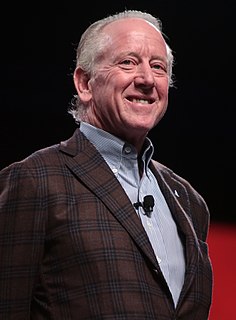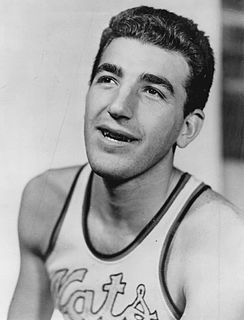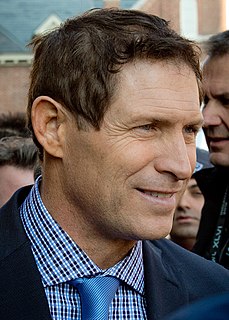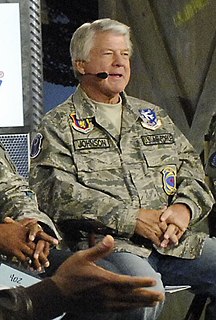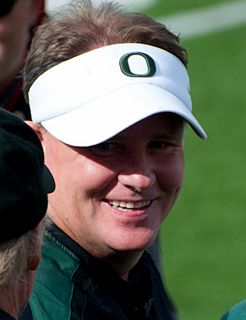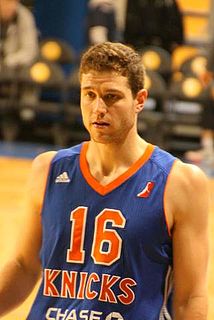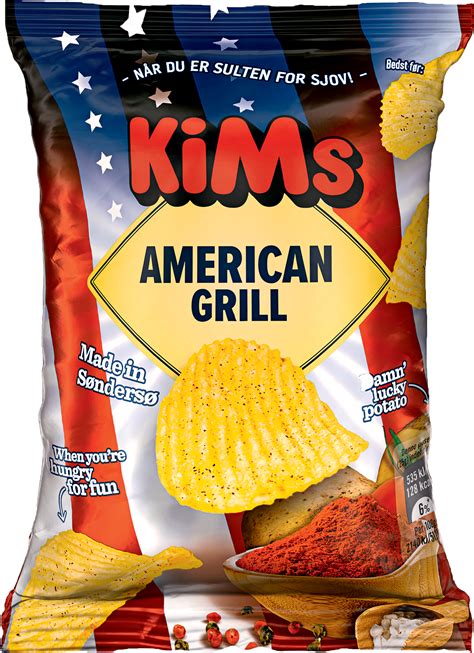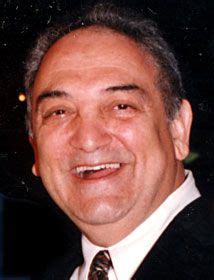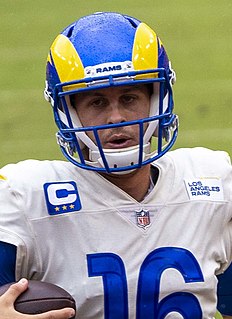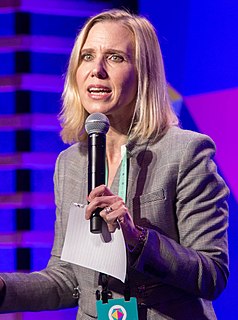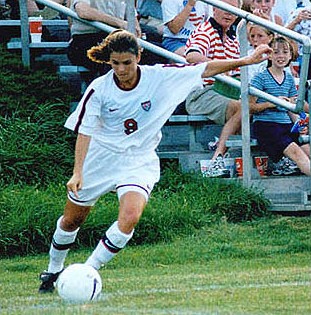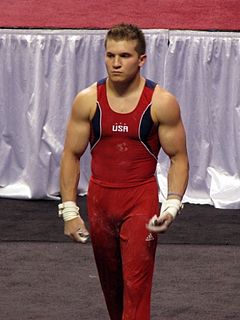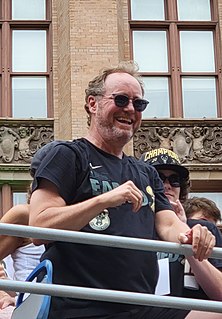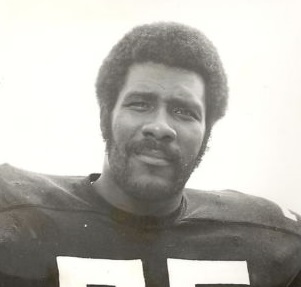A Quote by Archie Manning
In college, I was a running QB. We were a sprint out offense, so I had a big transition going into pro ball.
Related Quotes
Once people couldn't trust the college game, some checked out the pro game, but that was in big trouble, too. We had no clock and a lot of faults. People looked at the slow pace and at big guys like George Mikan and said pro basketball was just for overgrown pituitary cases. Baseball and football were numbers one and two and pro basketball wasn't even in the same universe.
One-and-done is the most damaging thing in college basketball. It brings money into the college game, because it kickstarts the bidding war. When you know a kid can't turn pro and is going to go to school for one year and then go pro, that's when you see everyone going to games and courting players.
When I went to college in 1988, most people were probably trying to figure out how they were going to decorate their rooms, who was going to be on their floor, what classes they were going to take. My big preoccupation at that point was figuring out how I could get my absentee ballot so that I could vote in Ohio for Michael Dukakis at that time.
Another big difference about not being in college: In college, you're on the team, you're competing for the NCAA - luckily I had a full scholarship and I was taken care of - then all of a sudden you're a pro and you've got to take care of yourself. I'm gonna keep doing the same thing, keep training, and hopefully everything works out.
